**Choosing the Optimal Dietary Foundation for Your Pitbull Puppy: A Comprehensive Guide**
Embarking on the journey of raising a Pitbull puppy necessitates careful consideration of their nutritional needs. This comprehensive guide will empower you with the knowledge to select the best puppy food for your beloved companion, ensuring their optimal growth and well-being.
Factors to consider when selecting puppy food for Pitbulls include their unique nutritional requirements, common health concerns such as allergies and sensitive stomachs, as well as their energetic nature and rapid growth rate. By understanding these factors, you can make informed decisions that will lay the groundwork for a long and healthy life for your Pitbull.
Furthermore, we will delve into the key features to look for in Pitbull puppy food, such as protein content and quality, fat content and sources, carbohydrate content and sources, and the presence of essential vitamins and minerals. Additionally, the importance of avoiding artificial additives and fillers will be highlighted to ensure you provide your puppy with the purest and most wholesome nutrition.
Factors to Consider When Selecting Puppy Food for Pitbulls
### Nutritional Requirements Specific to Pitbull Puppies
Pitbull puppies, like all puppies, have unique nutritional needs that differ from adult dogs. These nutritional requirements include:
– High protein: Pitbull puppies require a diet high in protein to support their rapid growth and development. Aim for a puppy food with protein content between 22% and 32%.
– Moderate fat: Pitbull puppies also need a moderate amount of fat in their diet to support their energy levels and provide essential fatty acids. Look for a puppy food with fat content between 10% and 15%.
– Controlled carbohydrates: While essential for energy, excessive carbohydrates can contribute to weight gain in pitbull puppies. Choose a puppy food with carbohydrate content between 10% and 20%.
– Essential vitamins and minerals: Pitbull puppies require a wide range of vitamins and minerals, including calcium, phosphorus, vitamin A, and vitamin D3, for proper growth and development.
### Health Concerns Common to Pitbulls
Pitbulls are prone to certain health concerns, such as:
– Allergies: Some pitbulls may be allergic to certain ingredients in dog food, such as chicken or corn. If your pitbull puppy develops skin irritation, itching, or digestive issues, consult with your veterinarian to determine if food allergies are the cause.
– Sensitive stomachs: Pitbulls can also experience sensitive stomachs, which can lead to vomiting, diarrhea, or gas. Look for a puppy food that is easily digestible and contains ingredients that promote gut health, such as probiotics.
### Activity Level and Growth Rate of Pitbull Puppies
Pitbull puppies are highly active and experience rapid growth. They require a puppy food that meets their high energy needs and supports their growth rate. Consider the following factors when selecting a puppy food for your pitbull:
– Activity level: If your pitbull puppy is very active, choose a puppy food with higher protein and fat content to provide sustained energy.
– Growth rate: Pitbull puppies grow rapidly and require a puppy food that is nutrient-rich and supports their accelerated growth rate.
The #1 Free Source for Pitbull & Bully Pedigrees!
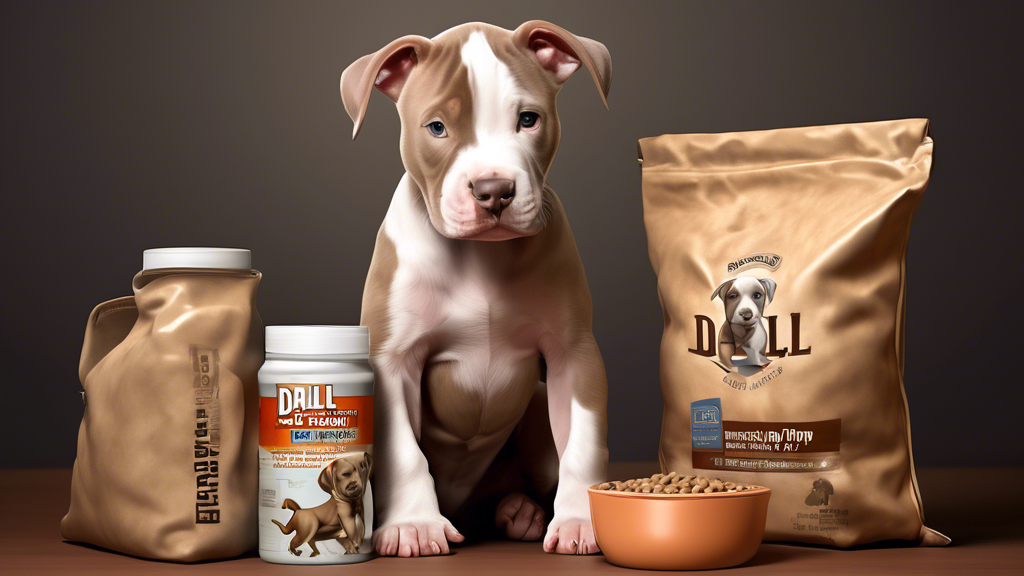
## Key Features to Look for in Pitbull Puppy Food
### Protein Content and Quality
Pitbull puppies require a high level of protein for optimal growth and development. Aim for a protein content of at least 22%, with a focus on high-quality sources such as chicken, fish, or lamb. Avoid foods with low-quality protein sources like corn gluten or meat by-products.
### Fat Content and Sources
As highly active puppies, Pitbulls require a moderate amount of fat for energy and cell growth. Choose foods with a fat content between 12-15%. Look for fat sources that are rich in omega-3 fatty acids, such as fish oil or flaxseed, for their anti-inflammatory properties.
### Carbohydrate Content and Sources
Carbohydrates provide energy for growing puppies. However, they should be limited to avoid digestive issues. Choose foods with a carbohydrate content below 30%. Opt for complex carbohydrates like brown rice or oatmeal, which release energy slowly and support blood sugar regulation.
### Essential Vitamins and Minerals
Pitbull puppies require a balanced intake of essential vitamins and minerals for proper bone development, immune function, and overall health. Ensure the food contains adequate levels of calcium, phosphorus, vitamin D, and other essential nutrients.
### Avoid Artificial Additives and Fillers
Avoid foods with artificial additives and fillers, such as corn syrup, artificial flavors, or dyes. These ingredients are not beneficial to your puppy’s health and can cause digestive upset or allergies. Choose foods with natural ingredients and limited processing.
By considering these key features, you can select a high-quality puppy food that meets the specific nutritional needs of your growing Pitbull puppy and supports their optimal development and well-being.
**Conclusion**
In summary, choosing the optimal pitbull puppy food requires careful consideration of the breed’s unique nutritional needs and health concerns. By focusing on a diet rich in high-quality protein, moderate fat, complex carbohydrates, and essential nutrients, while avoiding artificial additives, pet owners can ensure their furry companions receive the nourishment necessary for optimal growth and well-being.
Remember, consulting with a qualified veterinarian is crucial to tailor the feeding plan to the individual puppy’s age, weight, and activity level. By adhering to these guidelines and providing fresh water at all times, pet owners can lay the foundation for a healthy and vibrant life for their beloved pitbull puppies.







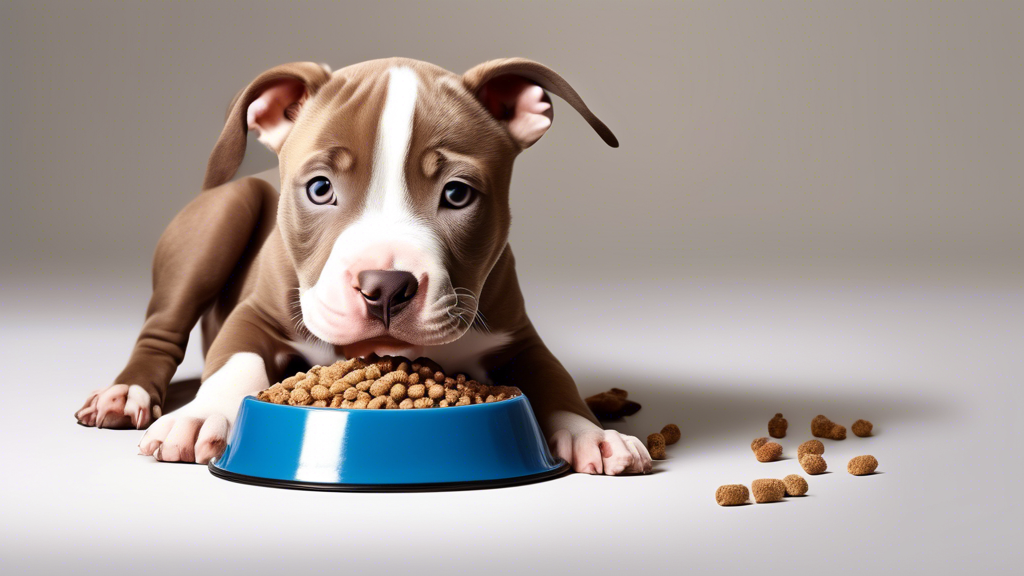


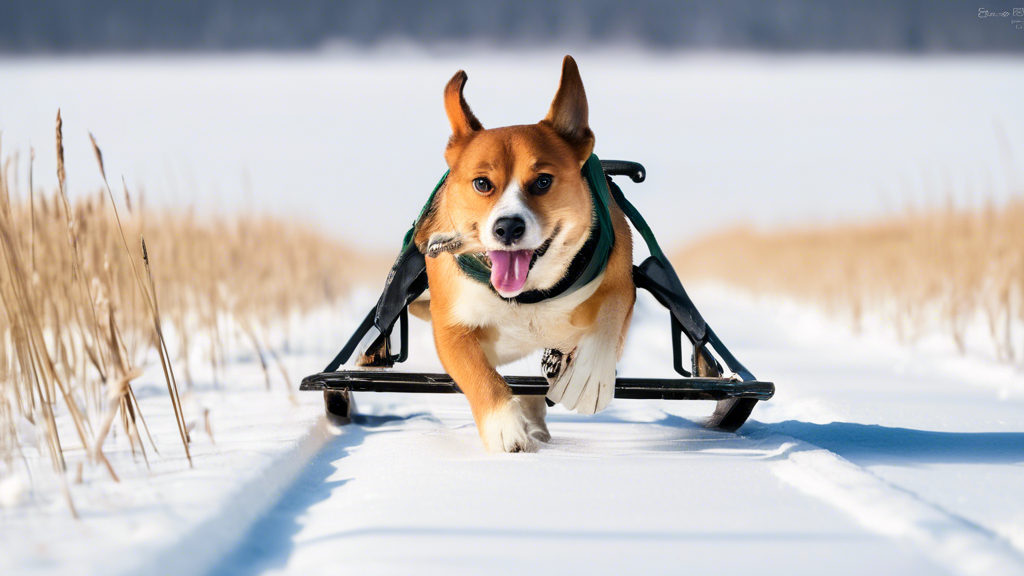
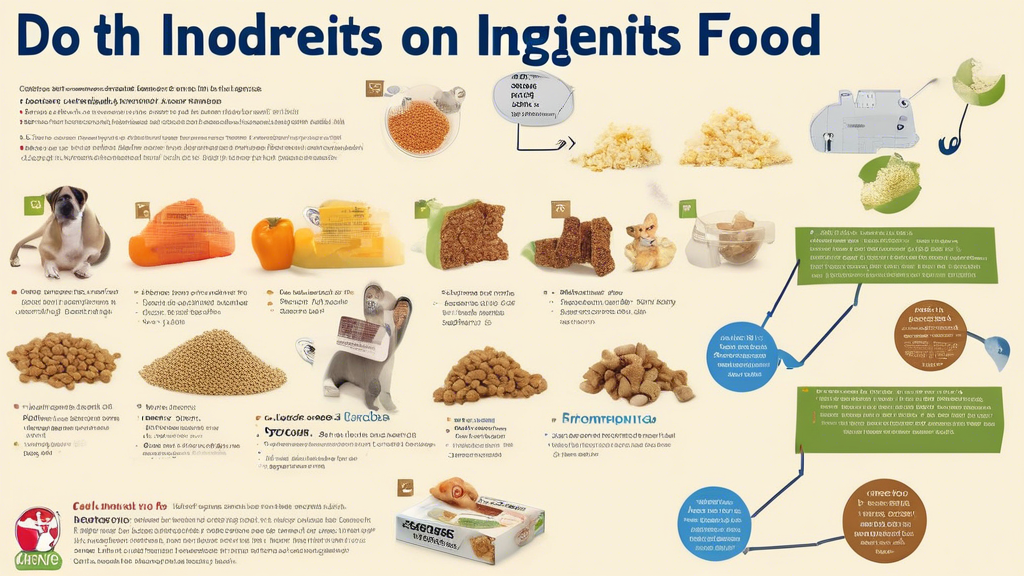
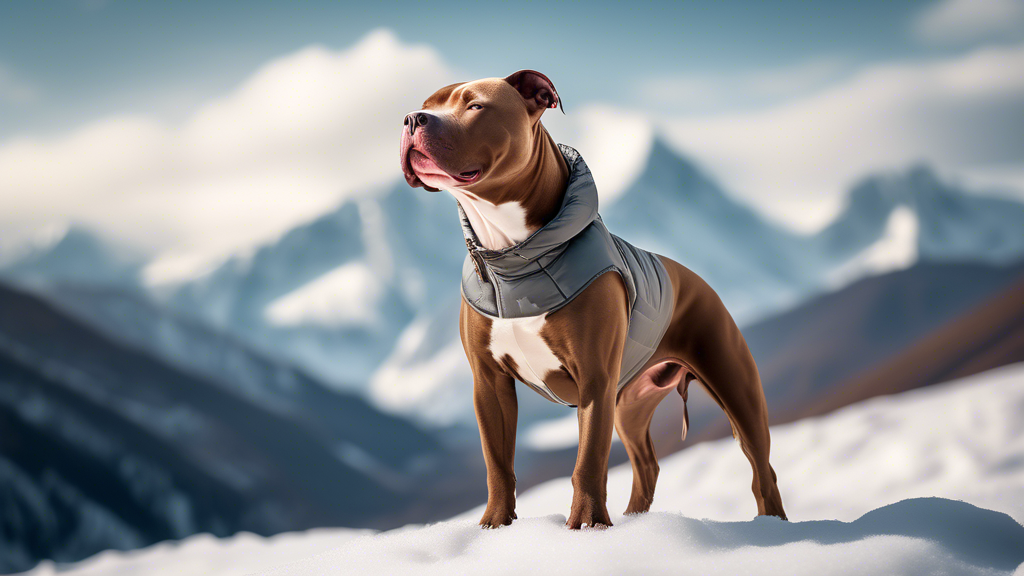
Leave A Comment